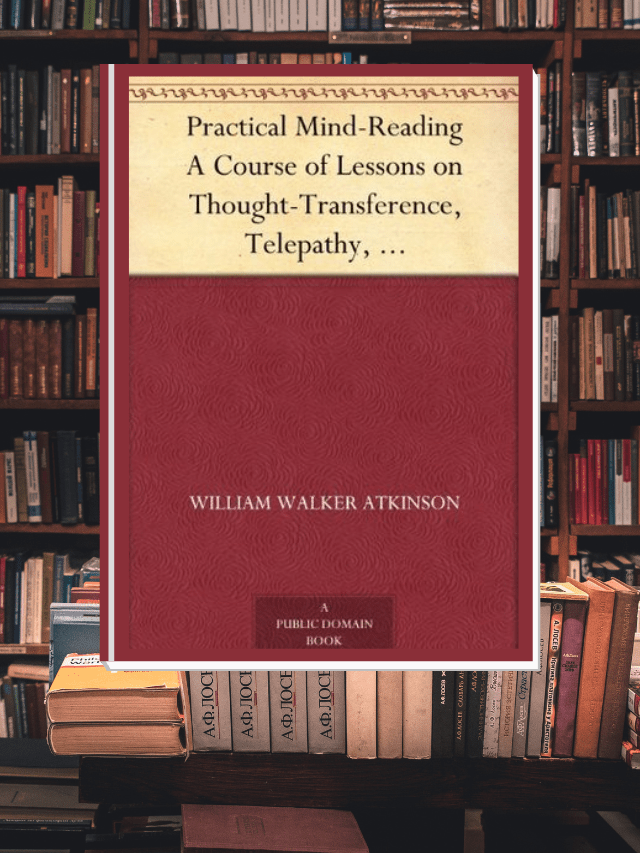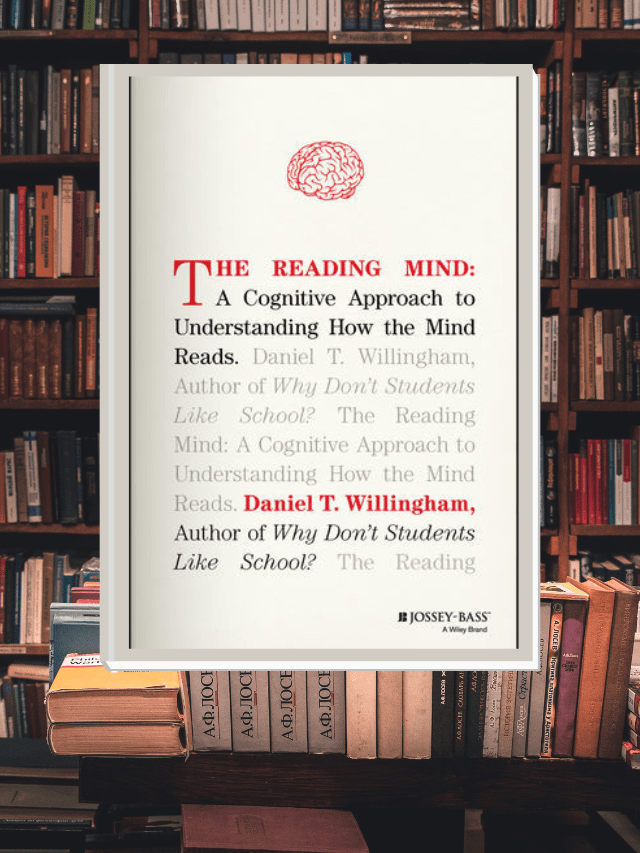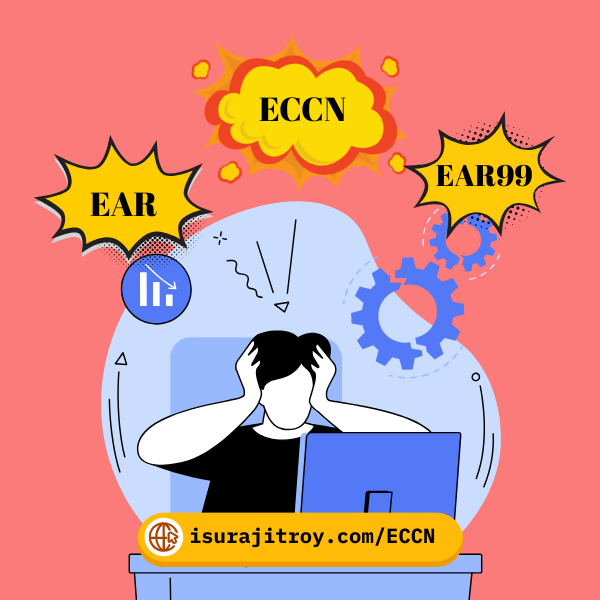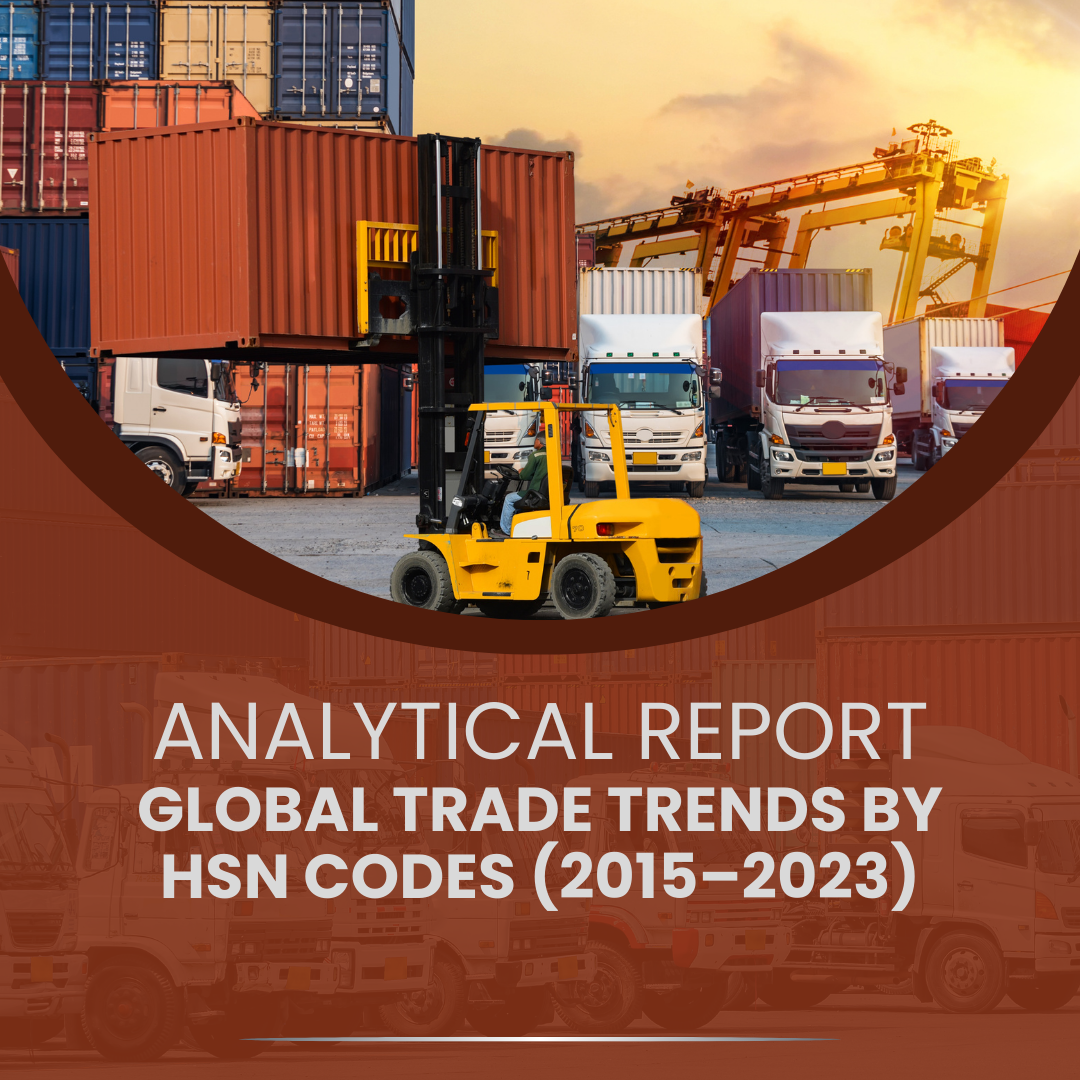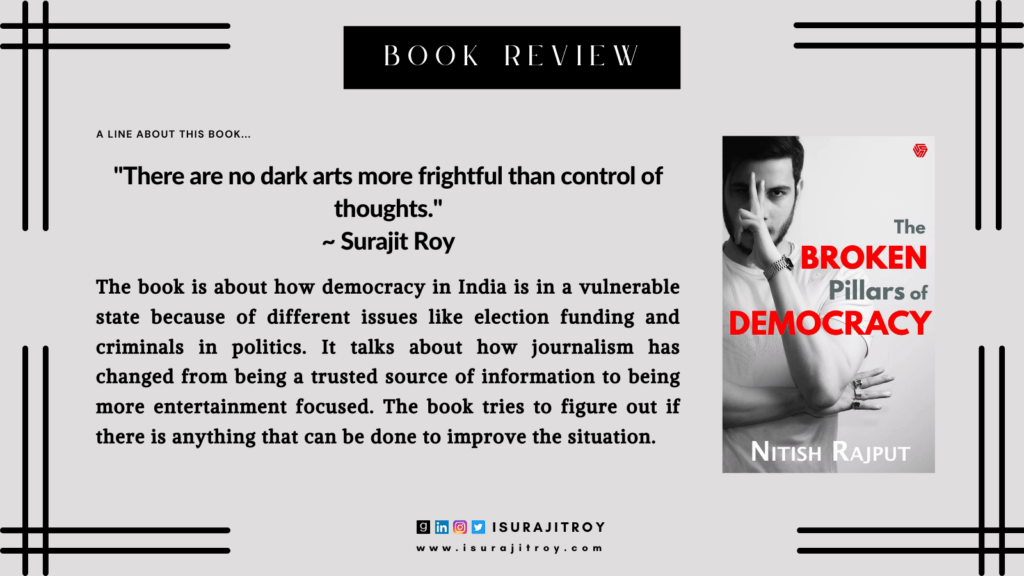
“There are no dark arts more frightful than control of thoughts.”
~ Surajit Roy
In “The Broken Pillars of Democracy,” author Nitish Rajput provides a profound analysis of the flaws within political systems. This insightful book review explores Rajput’s powerful message about the need for reform and accountability. With its compelling book introduction, detailed book summary, and comprehensive book synopsis, it’s a must-read for anyone seeking to understand the complexities of modern governance. Discover more on the best book summary website.
Book Review Details
| Book Title | The Broken Pillars of Democracy |
| Author | Nitish Rajput |
| Book Genres | Non Fiction |
| Category | Politics and Journalism |
| My Rating | 4.6/5 |
About The Author
Entrepreneur and bestselling author Nitish Rajput, known for his work on “The Broken Pillars of Democracy,” is a digital content creator advocating for the influential role of social media in shaping narratives. With a compelling book introduction, he emphasizes the transformative potential of the internet to foster informed opinions, underscoring the importance of factual and comprehensive information in creating a healthy and insightful discourse. Explore his book synopsis for a deeper understanding of his impactful perspective.
Book Summary: The Broken Pillars of Democracy
In “The Broken Pillars of Democracy” by Nitish Rajput, the author delves into the precarious state of democracy in India, addressing pressing issues such as election funding and the infiltration of criminals into politics. Rajput examines the changing nature of journalism through a critical lens, from a reliable source of information to one that is entertainment-driven. The book’s insightful book introduction sets the stage for a thought-provoking exploration, culminating in a comprehensive book synopsis that seeks solutions to the prevailing challenges.
Book Highlights
Political Manipulation and Celebrity Spotlight
“Awareness is a superpower. Big changes take place when people start asking for them.”. Some people think that they are voting based on their own free will, but sometimes the information they have about who to vote for is wrong. If people realized this, they might understand that they were being influenced to vote for a particular party or candidate as part of a well-planned conspiracy. Even though their parents are famous, the children of celebrities are famous too. Their lives are often under the microscope of the media, just like those of their parents. They might even get more coverage on TV than their parents!
Breaching Ethics in Journalism
Some news channels in India want to play with people’s emotions for a show and get them involved in debates without any evidence. This is bad because it goes against the standards and ethics of journalism, and it also means that people are not talking about more important things.
Urgent Need for Independent Media Regulation
If you read news, it will have an impact on you, and the news you read will have an impact on your decisions. Just seeing something on a TV screen can ignite the brain in every possible way. The way the narrator presents a story is how viewers will see it, but there is a severe lack of an independent regulatory framework with statutory authority to control the media in India, particularly television news channels. This simply means that journalists and news channels are held accountable. There should be a dialogue around the need for regulation that is adequately equipped with statutory powers.
Impact on Indian Business Landscape
The Lok Sabha is the main governing body in India, and the last elections cost a total of 60,000 crores. India is ranked high in election expenditure but low in education, coming in at 60th place in the world. Businessmen in India cannot run their businesses efficiently if they antagonize political parties, which often leads to them having to donate money to the party in power.
Discord on Security, Consensus Elsewhere
The main point is that the different political parties in India don’t work together on important issues like security, but they do come together on less important issues. The reason they don’t work together on more important issues is because of a law that says that a person is innocent until proven guilty.
Police Department’s Clean Slate
The police department is the only department that has not had any major scams or corruption. The new leader wants to surround himself with people who share his views, which is the reason for this.
Conclusion
In Nitish Rajput’s compelling work, “The Broken Pillars of Democracy,” the role of media as the fourth pillar gains prominence. Rajput emphasizes the importance of media integrity and encourages people to scrutinize mainstream channels responsibly. As social media reshapes communication, it becomes a powerful tool for diverse voices. Sharing experiences fosters a deeper understanding, unveiling the hidden agendas of news channels. “The Broken Pillars of Democracy” sparks vital conversations, urging individuals to reclaim the media’s integrity for a stronger democracy.


